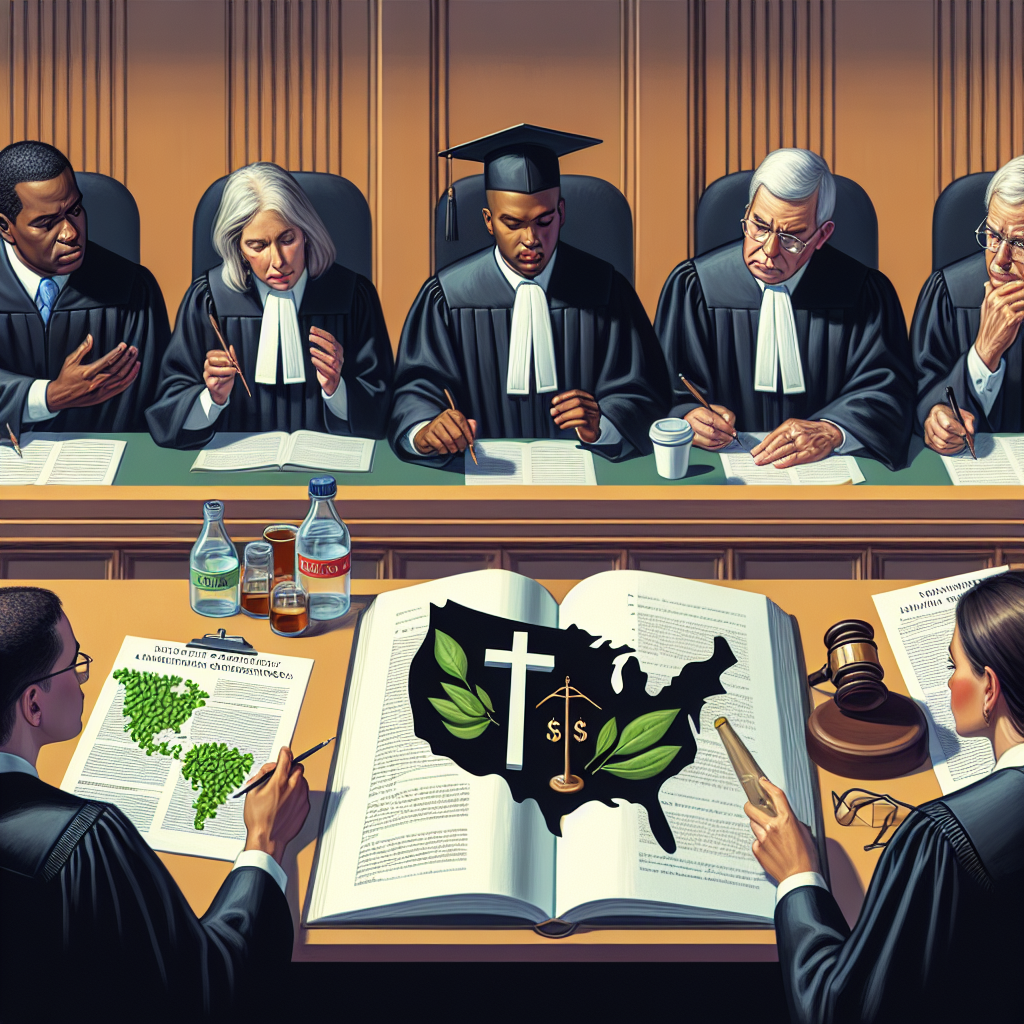.
The Supreme Court has agreed to review a decision by the Wisconsin Supreme Court rejecting efforts by Catholic Charities to seek an exemption from the state’s unemployment tax. The case, which centers on whether the group qualifies for the exemption because it is operated “primarily for religious purposes,” raises important questions about the intersection of religious freedom and government regulation.
The dispute began in 2016 when Catholic Charities Bureau in the Diocese of Superior, Wis., sought a determination that it and four of its agencies were exempt from the state’s unemployment tax. The Wisconsin Supreme Court ruled against the group earlier this year, finding that while the group’s services were based on religious values, they were primarily charitable and secular in nature.
Catholic Charities argues that the state supreme court’s decision violates the First Amendment by forcing courts to second-guess the religious decisions of religious bodies. The group also contends that the decision has real-world consequences, as it means that Catholic Charities and others like it must pay unemployment taxes with money that could otherwise be used to help the needy.
The state, on the other hand, argues that the Supreme Court should stay out of the dispute, as courts routinely deny religious tax exemptions when an organization’s activities are primarily secular. The state also notes that the question at hand is a narrow one, and that the Supreme Court’s involvement could have far-reaching implications for state governments.
The Supreme Court’s decision to take up this case highlights the ongoing tension between religious freedom and government regulation. The outcome of this case could have significant implications for religious organizations seeking exemptions from state taxes, as well as for the government’s ability to regulate these organizations.
In addition to this case, the Supreme Court also agreed to weigh in on a dispute over California’s role in regulating greenhouse gas emissions. The case centers on whether a group of fuel producers have standing to sue the state over its regulations. This case has the potential to impact the government’s ability to regulate greenhouse gas emissions, and could have far-reaching consequences for environmental policy.
Overall, the Supreme Court’s decision to take up these cases demonstrates the court’s continued interest in issues at the intersection of religion and government regulation, as well as its willingness to tackle complex and controversial issues. The outcomes of these cases could have significant implications for both religious organizations and the government, and will be closely watched by legal experts and the public alike.

